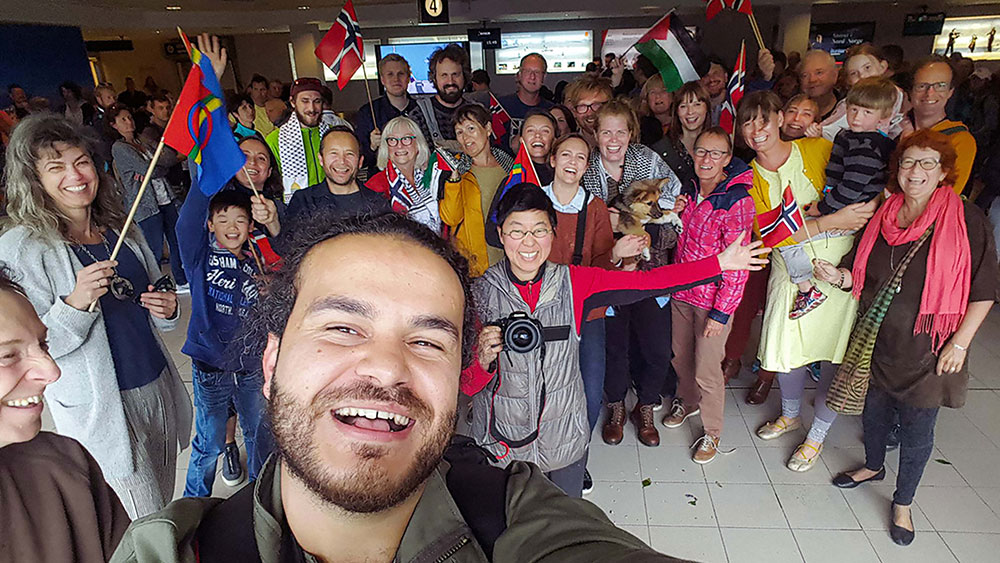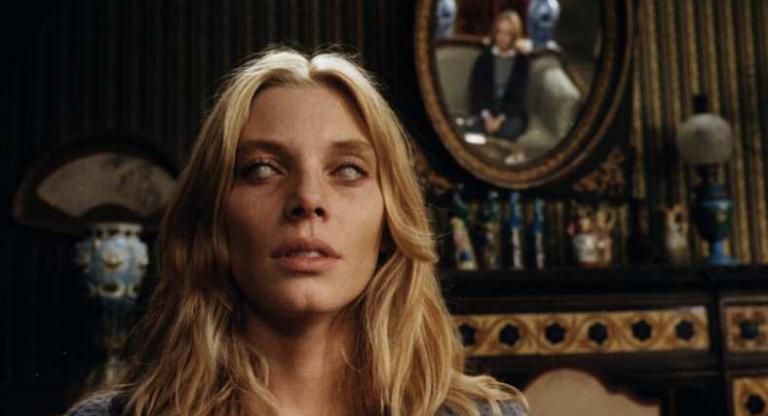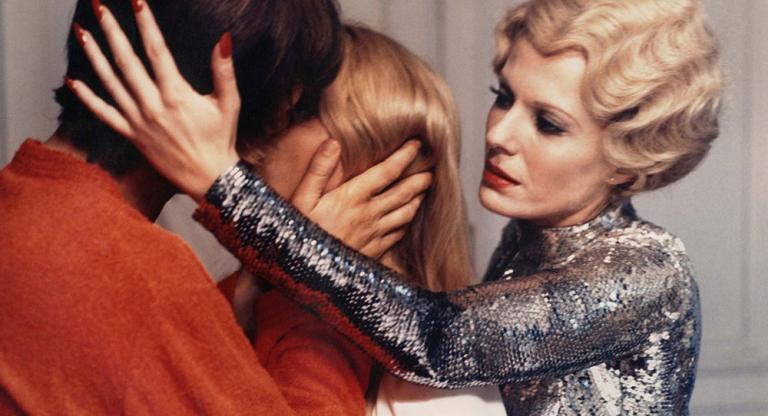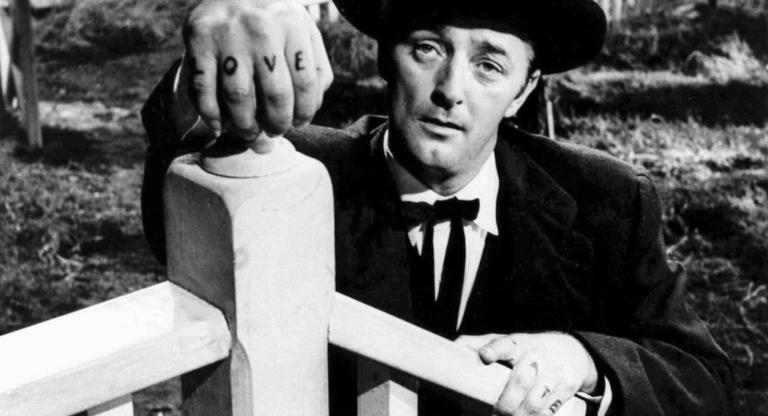In the form of a film letter, Mohamed Jabaly’s Life is Beautiful: Letter to Gaza (2023) meditates on correspondence and the use of film to secure participation in global discussions about family and intimacy in Palestine. The film also comments on the practices of documenting one's life, the passage of time, and the contradictions of living in a country that has trouble recognizing an immigrant’s status of belonging through legal means. We first meet Jabaly in the winter, buckling into a pair of skis in the Nordic mountains. A pair of hands reach into the frame to help secure his feet. “I need help here!” he says. “I wish I could film everything. But it might not be possible under these conditions. Any moment I can fall.”
Jabaly’s documentary is both a letter to his mother back at home, who passed away in 2022 and to whom the film is dedicated, and to Gaza itself. The young Palestinian filmmaker, part of the twin city exchange between Tromso and Gaza, only expected to be away for a month when Rafah’s borders were closed for an inconclusive period in the summer of 2013. Making use of diaristic images, archival footage, and live video-calls from his family in Gaza, Jabaly reports on the worsening war and lockdown of Palestine, focusing on this “upside-down world” from his own vantage as a Palestinian filmmaker in exile, winning awards but being repeatedly denied a VISA. The film’s shifting subjectivity, and his inclusion of archival images and stories from his own childhood in Gaza—at once off-kilter and casual—become Life is Beautiful’s real source of order. And so, the film screens like a family diary—a biography of a Palestinian family assembled by Jabaly, made and unmade by his experience of exile, which spanned seven years before he was finally able to see his family again.
When Jabaly is in frame, his own appearance and voice anchoring the film, he acts as the sweet intermediary to whom all the loved ones in his life, both in Norway and Gaza, try to make sense of their shared limbo. Jabaly speaks to his family in Palestine over FaceTime throughout the film, listening to them tell him stories about their holidays and daily lives, as well as their constant experience with border-shut-downs, bombings, and the murder of Palestinians protesting the Israeli occupation. He intersperses these conversations with photos from his youth, when he came of age during the second intifada. We become accustomed to seeing Jabaly’s face throughout the documentary, as he turns the camera on himself and those around him to film candidly, as if inviting the audience into the same rooms he’s occupying in each scene. We are with Jabaly on a daily basis; when he is just getting out of bed; when he’s alone, cross-legged in his living room armchair and panicking about his immigration status; and, when his friend calls him about his hair-length—“Your hair! You gorilla!” The latter sends him into a cacophony of laughter.
While Jabaly continuously divulges what seems to be each detail of his time away from Gaza, the most intimate moments in the film are when he is silent or obscured from view, cloaking himself in dim lighting or obstructing his own view. In one scene, Jabaly watches a livestream video of bombs going off in his hometown. He keeps the cropped, close gaze of the camera upon himself in silence—the viewer is apprised but outside of Jabaly’s space of mourning and loss. In another scene, toward the end of the film, Jabaly prepares to return home for the first time in almost a decade. A few moments before his departure, he holds the camera on his own reflection in a window, which is obstructed by black-and-white shudders. In shots like these, simultaneously the film’s most cryptic and exposing, it is as if Jabaly is protecting himself and his emotions from full view, or unconcerned with what the viewer might make of him.
Life is Beautiful deliberately aestheticizes exile, framing the process of building a new home as a weighted joy. The film moves quickly between scenes in which Jabaly’s colleagues and hosts cheerfully share gifts at the dinner table, to somber discussions with lawyers about borders and family separation. Jabaly’s self-documentation creates a sense of intimacy with the viewer. When he shows scenes of interior life in exile—the attempt to recall recipes from his mother, opening a Norwegian children’s book for a New Year’s celebration, and creating songs and one-off performances to pass time as well as mock the state’s painfully slow VISA-process—he shows Norway as a home, even though if he’s always been forced to confront the tragic reality of his time there.
“No matter what, I’m Gazan,” Jabaly says. “Gaza is the reason I am here.” Throughout Life is Beautiful, he leans on intimacy to communicate with the audience, as though we, too, are part of his family. At times exhaustive, his manipulative but effective filmmaking tactics rely on the exertion of voice and authority to reveal how the experience of war affects an individual. His dependence on scenes of cheerful communal gathering and introspection leave one with the feeling that the film avoids a direct confrontation with the politics of Gaza to exclusively focus on his lone experience of being stuck in Norway. But by the end of the film, Jabaly’s constant warmth and charm make it so that one is made to feel as though something is missing from their lives once the credits roll.
Life is Beautiful screens Thursday at the Palace of Fine Arts as the opening night of the Arab Film Festival, which continues through next weekend around the Bay.
Previously:
Life is Beautiful: A Letter to Gaza screens this evening, August 5, at DCTV Firehouse Cinema.






